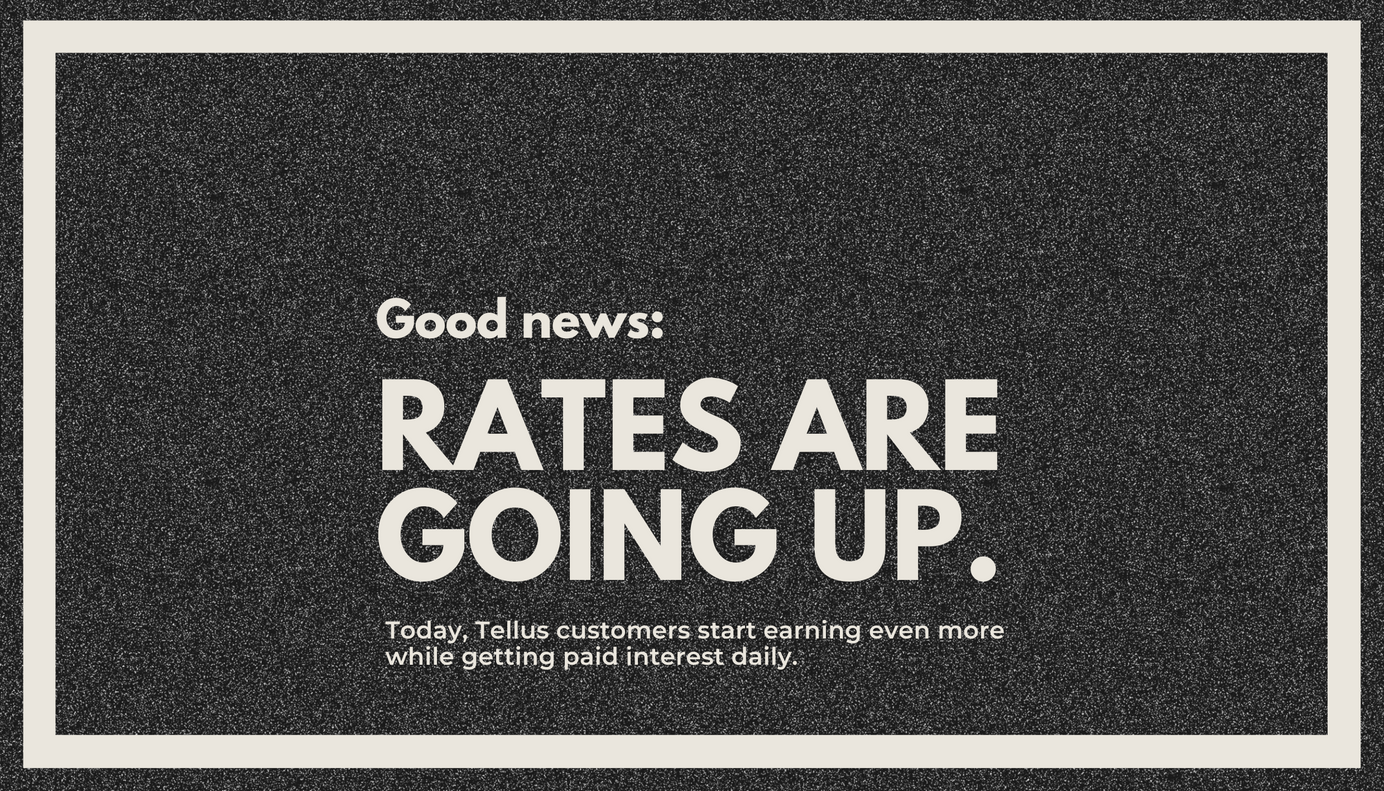
8 Credit Score Myths You Should Avoid Believing
Avoid believing these typical myths regarding credit to ensure healthy growth in your credit score.
Nowadays, Americans are managing their credit better than ever before.
In fact, a recent report by Forbes shows that the average credit score this year is 711, and it's been steadily rising for the past decade.
Yet this average can be deceiving. For instance, older generations tend to have higher credit scores, and the average credit score per state varies, too. And in all this numerical confusion, you might be finding it difficult to know exactly how to build and maintain a high credit score.
One thing you can do is equip yourself with the right information, so you can grow your credit score gradually without having to sift through all the bad advice out there. This might be especially difficult to do in today's age of fake news, alongside the general intimidating nature of finance, but don't fret! We've compiled a list of 8 credit score myths you're likely to stumble upon, and how to avoid falling for them.
8. Closing an unused credit card account can increase your score
Though this myth appears to be logically sound, doing so can actually achieve the opposite effect. This is because your credit score is determined by credit utilization, or how much you spend out of your available credit.
By closing an unused account, you lower the amount of credit available to you, thus increasing your credit utilization. So keep those accounts open—or try not to open unnecessary accounts in the first place.
It's also important to note that using debit instead of credit cards won't increase your score, either. After all, it's called a credit score for a reason. Consequently, using your debit card won't reflect on your credit history, even if you tell the cashier to select "credit" instead of "debit" at the card terminal.

7. Paying debts gets rid of them forever
Unfortunately, this is only true for credit card debt. So if you're paying something back in installments, like your mortgage or your student loans, it doesn't completely will them out of existence. In fact, that debt will remain evident in your credit history for years to come.
This isn't a bad thing if you pay on time, as it'll make you look more reliable to lenders. If you don't, however, financial advisor Lynette Khalfani-Cox writes that this information will be on your report for at least the next 7 years (10 for bankruptcies).
Having no loan history doesn't guarantee you a better credit score, either. In fact, without any precedents, it'll be difficult for lenders to determine if you're trustworthy in the first place. Instead, try gradually building a credit footprint in increments that you can confidently pay back on time.
6. All debt is created equal
One debt is not like the other. For example, you can incur a debt of over $275,000 after accidentally purchasing a JB-10 jetpack in a drunken haze, which would probably deflate your credit score overnight.
However, you could also take out a loan to invest in a $275,000 home. If this is the case, lenders are more likely to look upon you kindly, and according to advisor Richard Allen, grant you pre-approval on your mortgage.

5. Your demographics affect your score
Technically, credit reports don't include demographics, such as age, sex, race, or religion, so they can't affect your credit score. In fact, most times, your credit report doesn't even indicate if you're employed or otherwise.This means that having a higher-paying job doesn't automatically give you a better credit score than someone who earns less.
Ultimately, factors like credit mix (the variety of credit products you use), new credit (the rate at which you apply for and open new accounts), the length and contents of your credit history, and your credit utilization (see above!) are what determine credit score. However, lenders will probably still inquire about your income to determine how capable you are of paying them back.
4. There's only one credit score
This may confuse you further, but there's more than one credit score. Simply put, this is because there's no one formula that applies to the contexts of all your transactions.
Don't worry, though—even if dozens of formulas result in an equally large number of credit scores, they're all summed up in one handy credit report. This gives a clearer picture of your full credit history to lenders, who will most likely only look at the scores that matter in the context of your loan.

3. Spouses have joint credit scores
Though you can file taxes or open joint credit card accounts with your spouse, one thing you can't merge once you get married is your credit score.
This means that you and your partner will still receive individual credit reports, though any loans you apply for together will affect both your scores. That being said, even if one spouse has a poor credit score, it won't directly affect the credit score of the other.
2. Checking your credit report can hurt your credit score
The only time inquiries hurt your score is when you conduct them while applying for a loan or a credit card. This is known as a "hard pull."
The opposite of this is the "soft pull." Compared to the hard pull, Petal Card describes this inquiry as one made when you don't have any ongoing applications. However, while these inquiries are recorded in your credit history and make you look more money-conscious and reliable to lenders, it won't help increase your credit score.
1. You can trust credit repair companies
Maybe you've had companies offer to "fix" your credit for you. In reality, however, you can do everything that these so-called credit repair companies can do—all on your own!
That doesn't mean there aren't some legitimate services that can help you re-establish your credit, however. Even so, analyst Megan Cardosi writes that you're better off saving your money by building your credit score the tried-and-tested way: with proper credit management.
In the end, the road to a good credit score is rarely linear, but don't let that get you down! After all, credit scores can't measure your worth, and low scores don't mean you're a bad person. You just need to do your research and make good credit decisions—one day at a time.








